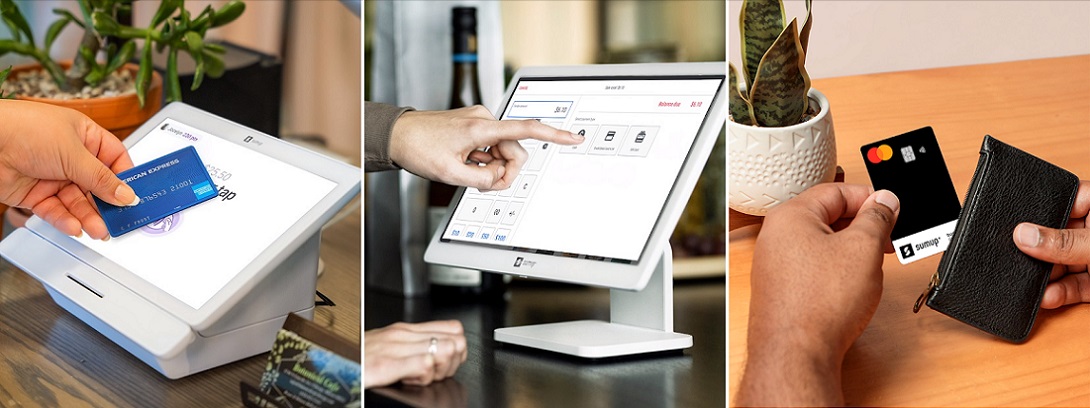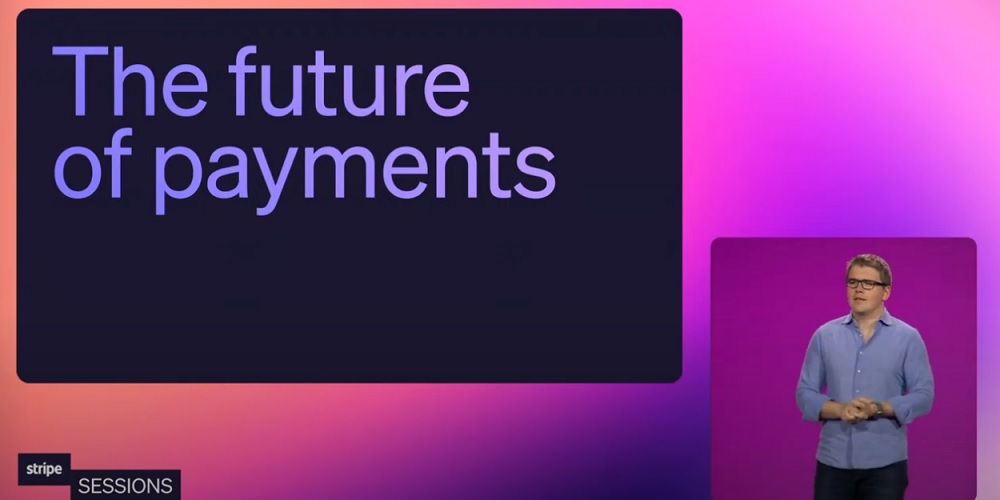ECCN – “The market needs more traders who are willing to sell online across borders”
 October 12, 2011 – The online shopping experience has improved for consumers, with 94% of cross-border orders being successfully delivered according to the latest European Consumer Centres’ Network Report. The European Commission has set out a target for at least 20% of the EU population to be cross-border shopping online by 2015.
October 12, 2011 – The online shopping experience has improved for consumers, with 94% of cross-border orders being successfully delivered according to the latest European Consumer Centres’ Network Report. The European Commission has set out a target for at least 20% of the EU population to be cross-border shopping online by 2015.
However, the report (75 page / 4.1MB PDF) highlighted some concerns with businesses’ compliance with EU consumer laws and said that websites could do more to build consumer trust in cross-border trading. More companies need to participate in cross-border online trading in order to improve competition and help attract more consumers with lower prices.
 „It seems that both traders and consumers would benefit from more transparency in the market in the long term, as transparency would contribute to minimising the differences for a trader to sell to the domestic market only or to sell across borders,” the report said. „If more traders would sell online across borders, it would also provide for a wider range of products for the consumers to select from. This would further make the market more efficient and create healthy competition in the market, which would ultimately benefit the customer with lower prices.”
„It seems that both traders and consumers would benefit from more transparency in the market in the long term, as transparency would contribute to minimising the differences for a trader to sell to the domestic market only or to sell across borders,” the report said. „If more traders would sell online across borders, it would also provide for a wider range of products for the consumers to select from. This would further make the market more efficient and create healthy competition in the market, which would ultimately benefit the customer with lower prices.”
The ECCN is made up of consumer centres in each of the 27 EU member states as well as centres in Norway and Iceland. The centres deal specifically with complaints from consumers about cross-border trade. The organisations are part funded by the European Commission and individual member countries.
The ECCN working group employed 17 ‘mystery shoppers’ to conduct tests on cross-border shopping over the internet. The shoppers made 305 purchases from websites across 28 different countries. Most products were delivered successfully, but the shoppers were not always given enough information about who they were trading with, correct information on traders’ returns policies and cost, and information on whether the sites were secure, the report said.
Under the EU’s Distance Selling Directive traders must display contact information, provide details of the final cost consumers can expect to pay for goods and services, including delivery costs and any additional charges, and display information explaining the consumers’ rights to withdraw from the transaction and receive a full refund if they return the goods received within at least seven working days unless an alternative arrangement has been agreed.
„In 3% of the cases, information about the trader could not be found. Even if this figure seems relatively low, it is still one of the most essential pieces of information the consumer needs about the trader,” the report said.
„It was troubling to find that mystery shoppers reported in 12% of the cases that an email address could not be found, especially when considering the medium used for communication between the trader and the potential buyers is electronic,” it said. „The existence of an email address is a signal to the consumer that the trader is easy to reach if it should be necessary. It is therefore distressing to see that so many traders do not provide this possibility.”
„In 95% of the purchases, the terms and conditions were available before entering into a purchase process, but the legal requirement to inform about the cooling-off period was only met in 82% of the purchases,” the report said.
„This means that in 18% of the purchases, the Mystery Shopper was not informed about the legal right to withdraw from the contract. This is a rather disturbing result. However, it was worse to discover that the websites contained information about the legal warranty and the rights connected to it in only 37% of the purchases. Furthermore the information given about these rights was only correct in 80% of the cases,” it said.
The EU’s E-Commerce Directive also obligates traders to provide information on the transaction process as well as allow consumers to review the details of an order before placing it. The report said that the mystery shoppers were only presented with review information on 89% of occasions tested and that almost a third of all traders did not provide information on how to complete the purchase in the first place.
The ECCN working group’s report said that websites displaying ‘trustmarks’ had not always guaranteed the shoppers a quality service, and recommended that consumer confidence could be increased in online shopping if the trustmarks were „designed and formulated in a way that is understandable for all consumers shopping in the internal market”.
The report said one of the mystery shoppers had encountered problems with theft of their credit card details, whilst others experienced technical problems when completing orders and seemingly completed transactions without ever being charged or receiving the goods ordered. The shoppers also encountered language barriers because only 61% of online traders tested displayed information in more than one language, the report said.
„Consumers should also know whether or not they are buying from a secure website and to what extent their personal data is protected,” the report said.
„In 16% of the purchases, the mystery shopper reported that it was not clear whether or not the site was secure and in 20% the mystery shopper reported that there was no privacy policy available on the website. In order to increase consumer confidence in online shopping across borders, these figures need to improve,” it said.
However, the group said that conditions in cross-border online shopping had generally improved on the basis of previous studies it had completed.
„The main problem regarding delivery of the ordered product seems to have been reduced remarkably,” the report said.
„This was illustrated by the very high delivery rate of the shopping exercise. In almost all cases, the delivered product was in conformity with the order and there were almost no defects. This means that, in most cases, consumers can expect to have the ordered product delivered and it will be in good shape,” it said.
The European Commission has set out a target for at least 20% of the EU population to be cross-border shopping online by 2015.
The Commission said it will publish the results of a study into the „savings potential of e-commerce for consumers” before the end of the year. It said it also wants to propose new EU laws that would allow e-commerce disputes between traders and consumers in different countries to be resolved „entirely online as an alternative to going to court”.
“It is important for consumers that, once they place an order, the delivery of the products bought online from another EU country is reliable and that, when things go wrong, consumers have easy access to effective redress across Europe,” John Dalli, Health and Consumer Commissioner at the Commission, said in a statement.
„There are still barriers that limit consumers’ choice and undermine confidence in the Single Market. I am determined to continue the work to abolish them,” Dalli said.
Plans to harmonise consumer protection laws across the EU are expected to receive final approval and come into force from 2013. The plans are set out in the proposed Consumer Rights Directive, which has received the backing of the European Parliament, but the Directive also requires support from EU ministers before it can be introduced.
Among the proposed changes is a requirement for businesses to allow online shoppers a fortnight from receiving goods to claim a refund on their purchases. There is no right to return customer-specified or personalised products under the provisions of the proposed new laws.
Purchasers that receive deliveries of multiple orders or parts of goods at different times will have 14 days to claim a refund from the time of the last delivery, a draft of the new consumer laws approved by the Parliament said.
Anders Olofsson – former Head of Payments Finastra
Banking 4.0 – „how was the experience for you”
„So many people are coming here to Bucharest, people that I see and interact on linkedin and now I get the change to meet them in person. It was like being to the Football World Cup but this was the World Cup on linkedin in payments and open banking.”
Many more interesting quotes in the video below:











